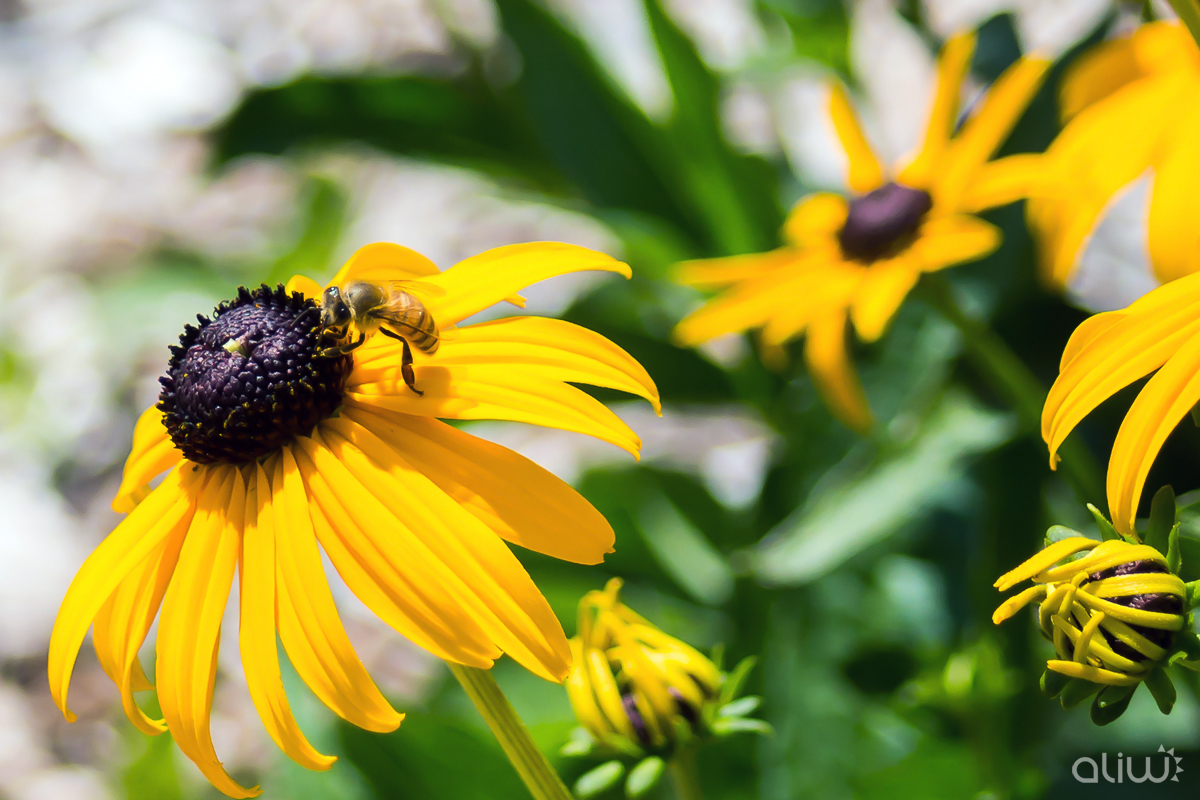There is a sense of helplessness that comes with knowing that something you’ve tried has failed.
I’ve been in a position to reach out to certain artists and for the most part, nothing comes of trying to educate about cultural appropriation. I’d stopped reaching out to tattoo artists when responses from them were often aggressive or racist.
It hasn’t all been for naught.
When approached about how designs for a line of merch were cultural appropriation, one band apologized for the language used of ‘Native inspired’ and said they’d change it to a geometric title. Not completely a win, but I took it as a halfway point of them learning. In the end, the band opted to do away with the line altogether. There was no big fanfare as to why they pulled the line, but that they pulled it at all meant a lot to me. I celebrated their choice. I hope to be able to celebrate their story by the time of SXSW.
Another incredibly influential artist had designs that were becoming more and more Native ‘themed’. I got to talk to his manager in person and pointed out the dangers of those designs becoming outright appropriation and to please consider the potential negative image that would give a multitude of cultures. Again, without fanfare, those types of designs stopped appearing in his merch. I was very moved that he would take the time to listen and absorb the information enough to make a positive choice.
Being able to speak at SXSW about the negativity of cultural appropriation and of Pretendianism is important. More people need to understand the negativity, not simply react when called out for doing something wrong. We need to empower non-Natives to be able to point out to those who think that their version of ‘honoring’ us is wrong. To not leave it only to us to hold people accountable. To work with Natives for respectful artistic creations that celebrate our cultures, not erase us.
In 2016, I wrote a piece about VAMPS, a Japanese rock duo, who had a whole “Native themed” festival in Japan called BEAST Party 2016. It was one of my earlier works on cultural appropriation. The following year, I approached a U.S. based duo, Missio, about their cultural appropriation with the tired, ‘but we’re HONORING you’ type response. This year, I considered ways of taking that message to a larger platform, which is why Johnnie Jae and I submitted our panel proposal for SXSW.
This panel is important to me because the Japanese music industry is important to me and I have been seeing a growing trend of appropriation. It has to stop on both sides of the ocean. I believe it can. It has to start somewhere.
Take a few minutes. Vote. Leave a comment on why you think these topics are important, or why you think they aren’t. Your voice on either side of the issues matters.
Pilamaya.
Check out our article with some details on our SXSW Panel Picker Proposal
or go directly to the SXSW Panel Picker to register and vote, maybe comment!
